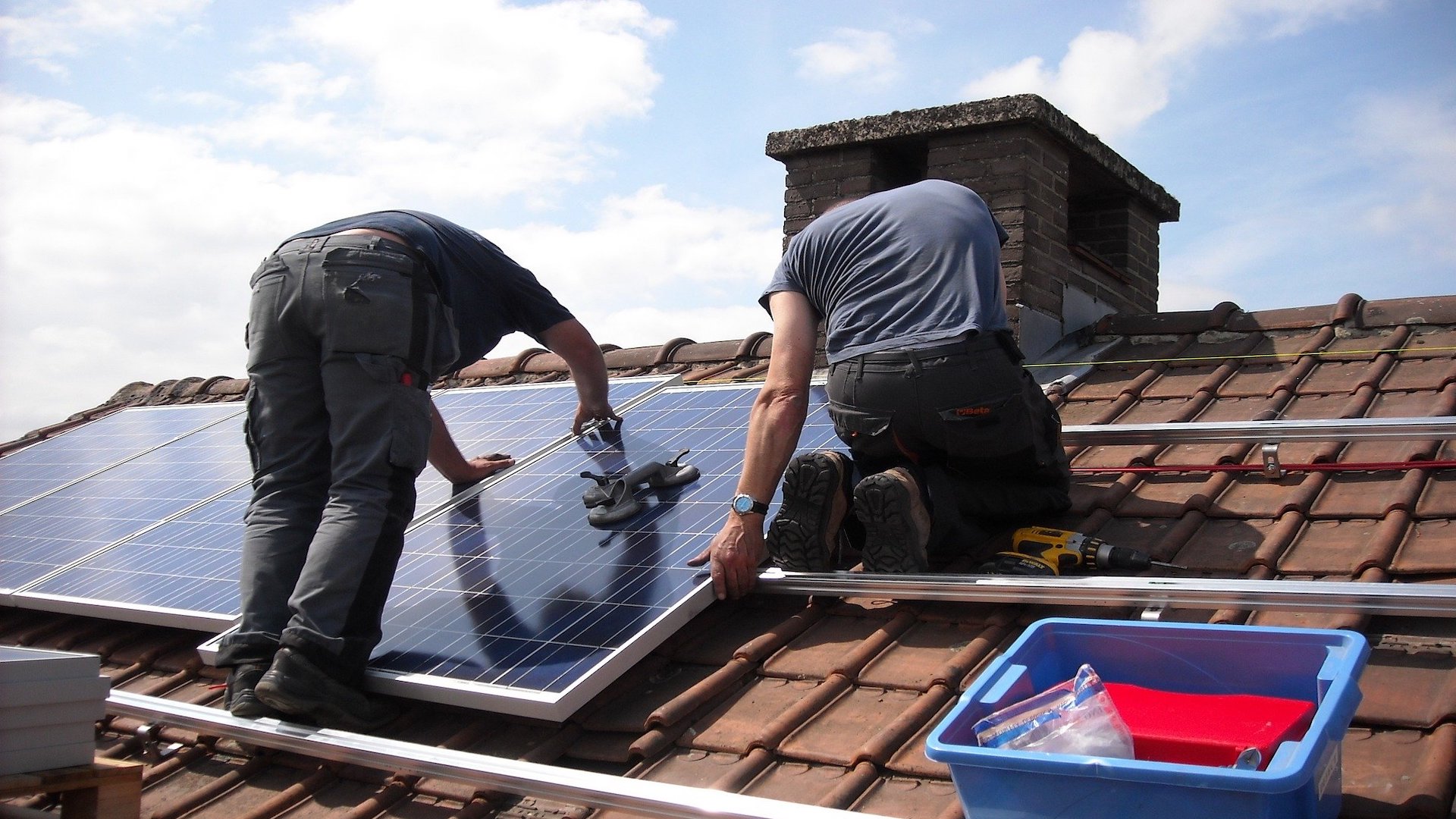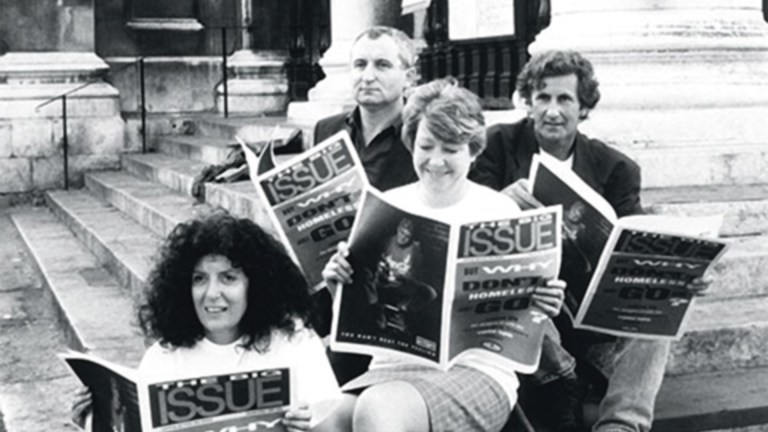Britain has a jobs crisis – just not the one we were expecting. When the pandemic struck, the government and commentators were rightly concerned about rising unemployment with hundreds of people applying for low paid jobs.
Businesses forced to close would lay off staff, who in lockdown would have no prospect of finding new work. But the creation of the furlough scheme and business support loans stemmed the tide. Unemployment by the end of 2021 was lower than before the pandemic.
Coming out of the pandemic what we saw instead was a surge in demand, both for goods and services. There was a real need for workers to fill new roles, but employers struggled to hire and vacancies reached a record high.
- Is your bank funding fossil fuels? Here’s how to find out
- UK ‘not prepared’ for more frequent wildfires as climate change accelerates
Although the unemployment rate is low, our under employment is high – many people are working infrequently or insecurely with fewer hours than they want, while many are not working who could.
As energy bills and food prices rise people need an economy that offers more secure and skilled work over temporary or uncertain futures. Financial security is the order of the day, and one that prospective candidates for prime minister should pay heed to.
The energy sector has long been associated with these kind of opportunities. The cost of living crisis, however, born out of a surge in gas and oil prices, is stepping up the urgency we need to move away from volatile fossil fuels. There are rightly concerns over what this means for those working in the industry, but new Green Alliance analysis shows the transition to green energy, such as solar and wind power, has even greater potential to create good and secure work for people.










